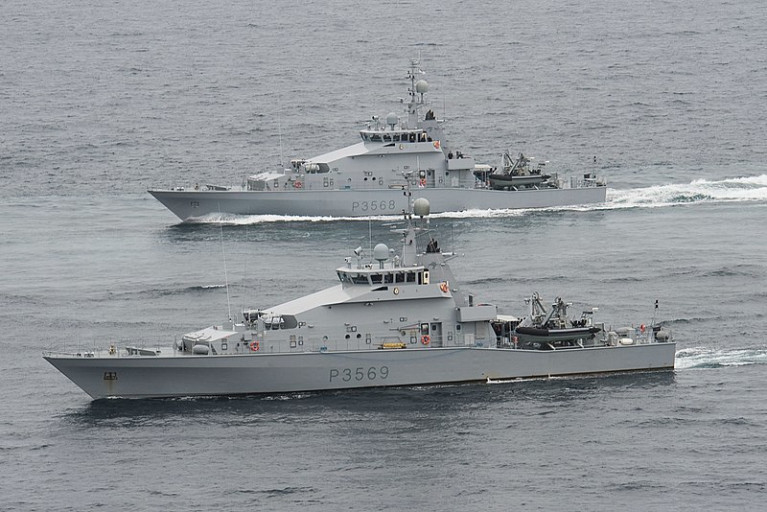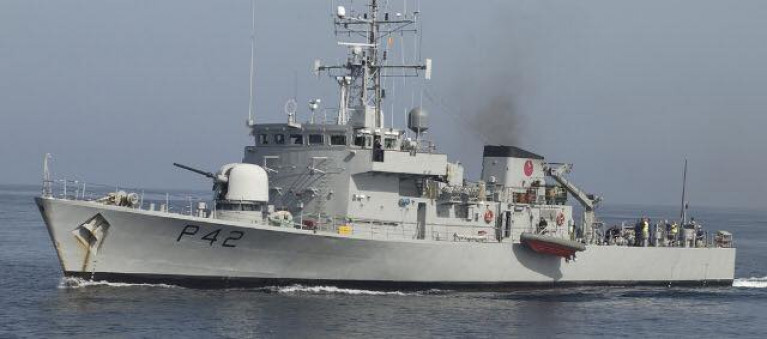Displaying items by tag: Lack of crew
Delivery Voyage of €22m Naval Service Patrol Cutters from New Zealand thwarted by Lack of Crew
Due to the lack of crew members reports the Irish Examiner, it will likely prevent the Naval Service from delivering home a pair of 'Lake' class patrol cutters it has bought from New Zealand.
The two vessels purchased by the Government from the New Zealand Royal Navy (NZRN) are likely to be transported to Ireland by special container ship as the personnel crisis in the Naval Service. This means it is unlikely it could release crews to go out and sail them back here.
It is believed the voyage could take up to six weeks, but even before that happens the New Zealanders will have to bring the ships up to operational standards.
The Government purchased the inshore patrol vessels, HMNZS Rotoiti and HMNZS Pukaki, for NZ$36m (€22.62m).
However, a condition of sale is that the two ships, which have been mothballed for some time, will be brought back to operational standard. According to the NZRN, that is likely to cost anything up to €11.9m.
The News Zealanders will bear the cost of that.
The ships were mothballed because they did not fit in with New Zealand’s needed for longer range vessels.
The Irish Government purchased them because they are viewed as ideal for fishery protection duties in the Irish Sea. The need for such patrols there was forced on the Government by Brexit.
They are smaller than the P60s (such as the OPV60 class leadship LÉ Samuel Beckett) which the Naval Service uses for patrols in the Atlantic.
More here on the robust vessels.
Delayed Mission In Naval Service Due to Lack of Crew
A delay in the deployment of a patrol ship for three days recently was forced upon the Naval Service because it could not find the minimum number of sailors required.
The patrol vessel LÉ Ciara, writes The Irish Times, is supposed to have 39 crew but in late December it had a crew of only 34, the minimum number of sailors required to safely operate the ship.
By the time it received orders to set sail from Haulbowline Naval Base on December 30th on a routine maritime defence and security operations patrol, two of its crew had reported in sick.
This meant LÉ Ciara was unable to sail because it did not have what is known as the “damage control and fire fighting bubble”, ie it did not have enough crew to safely deal with fires or other emergencies if they occurred.
It remained in port for three days while replacement crew were found. The ship was eventually able to depart on its mission on January 1st.
For more on the detention crisis click here.






























































